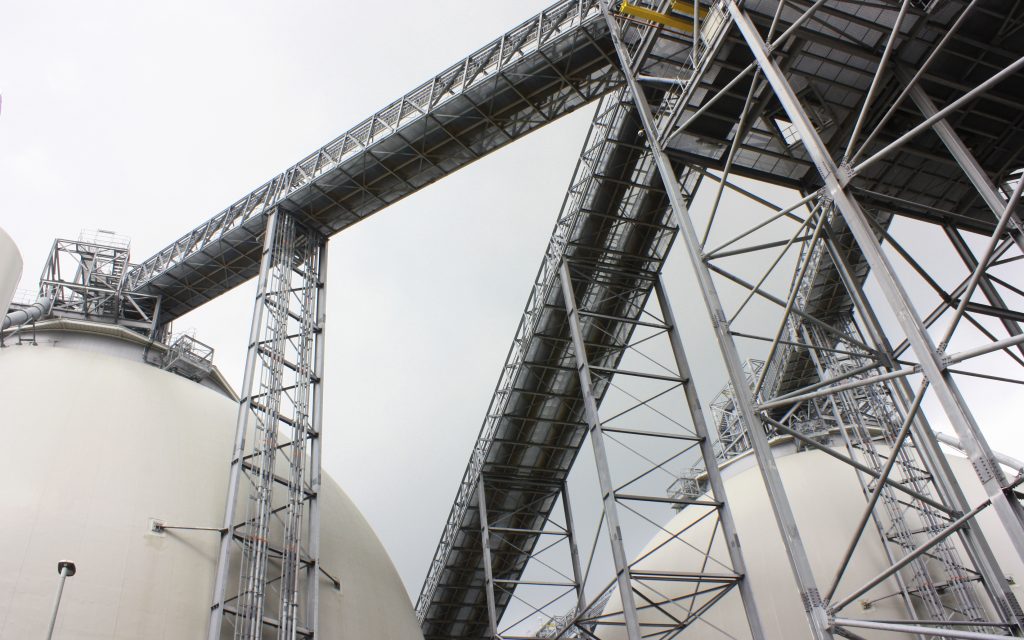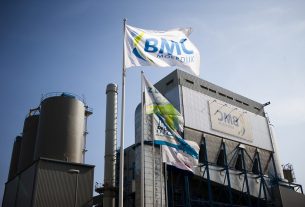United Kingdom – In order to obtain greater clarity on government backing, Drax said that it will postpone its planned $2.45 billion investment in bioenergy with carbon capture and storage (BECCS) in the UK.
According to a research conducted by Baringa on behalf of the renewable energy company Drax, biomass generation could become increasingly important in ensuring the security of the UK’s energy supply by the late 2020s.
According to Baringa’s analysis, by 2027, the peak demand for energy in Great Britain would rise by 4 GW, but at the same time, the grid will lose up to 6.3 GW of secure capacity due to the impending shutdown of coal, older gas generation, and nuclear power plants.
Supply shortage
As a result, the dispatchable capacity that underpins the energy security of Great Britain will decrease from 93% to 85% during periods of peak demand, raising the possibility of a supply shortage. At times of peak demand, the system will need to rely on alternative capacity sources, such as electricity interconnectors and sporadic renewable generation like wind or solar, or it may be necessary to take measures to reduce consumption, such as through voluntary demand reduction or forced turndown.
BECCS project on hold
Although Drax appreciated the government’s backing for CCS in the most recent budget, it requires its BECCS project to be given Track 1 status in order to remain viable and offer secure power at such a crucial moment. Drax has decided to put its multimillion-pound investment program into the BECCS project at Drax Power Station on hold until it obtains this clarification.
According to the study, no current technology can realistically replace the supply security offered by Drax’s 2.6 GW of biomass capacity by 2027 without dramatically raising carbon emissions and relying more on imported fossil fuel from Europe.
The analysis comes to the conclusion that maintaining existing biomass capacity is more risk- and cost-effectively advantageous than adding new or retrofitted gas CCS capacity.




